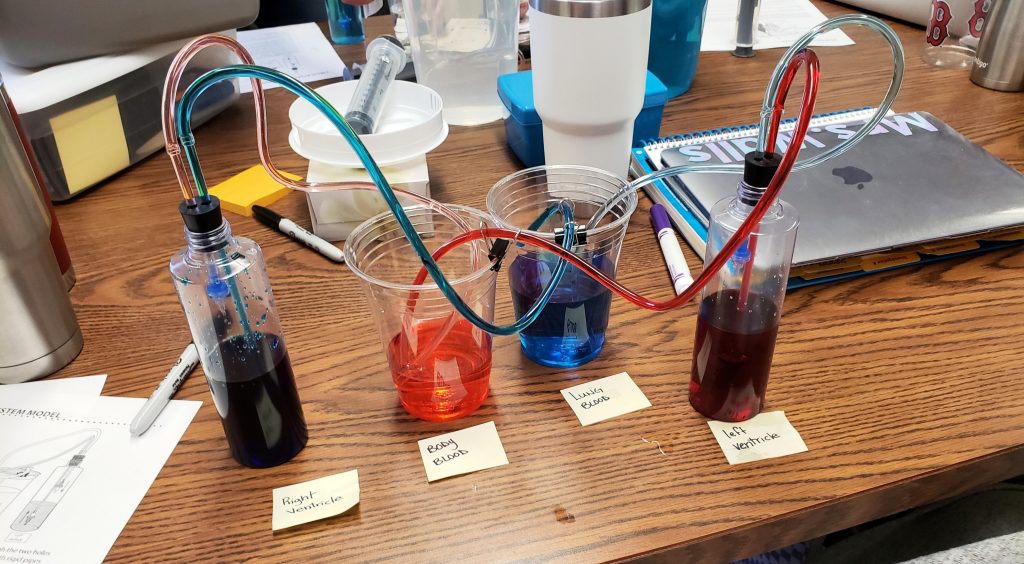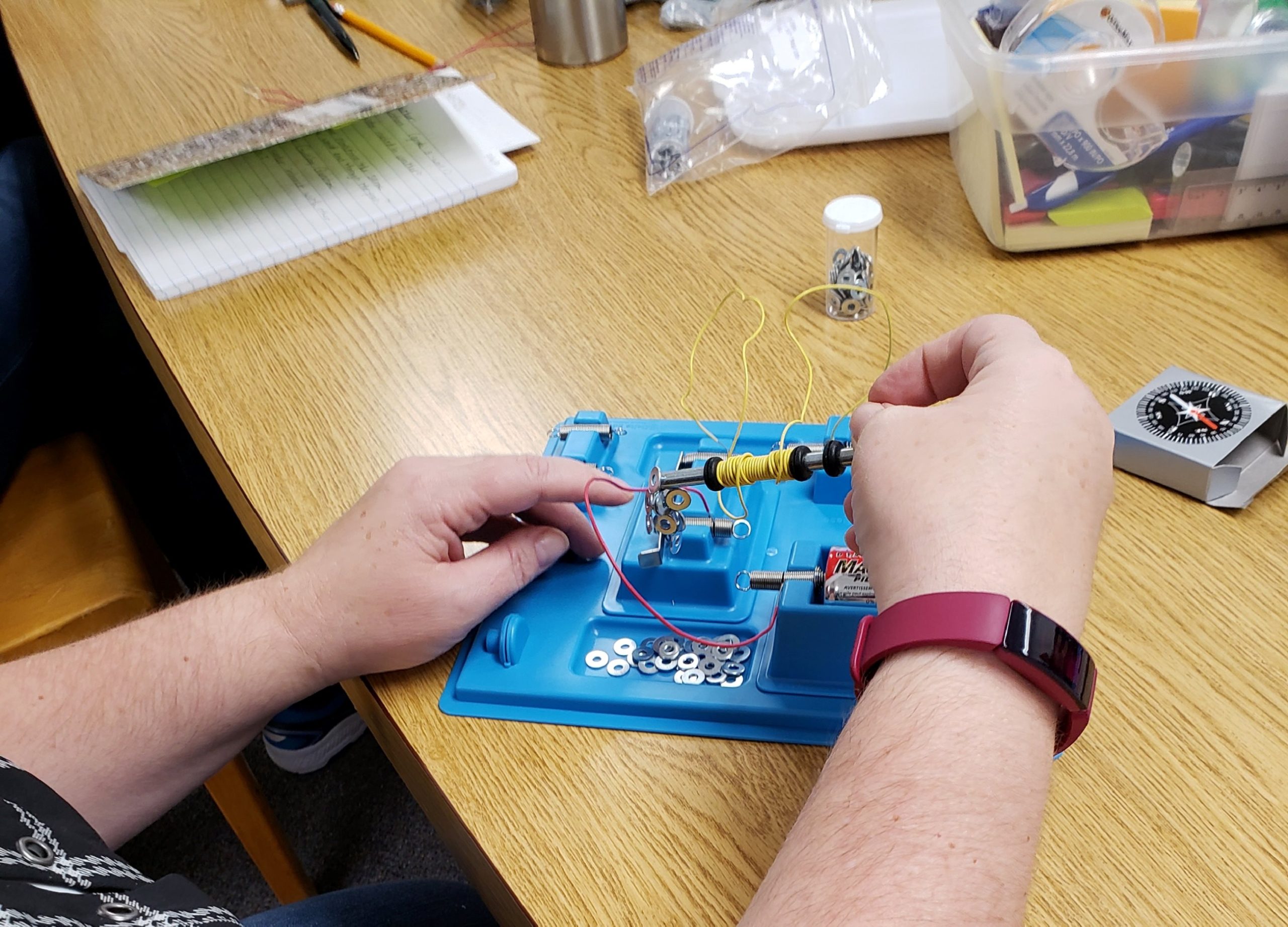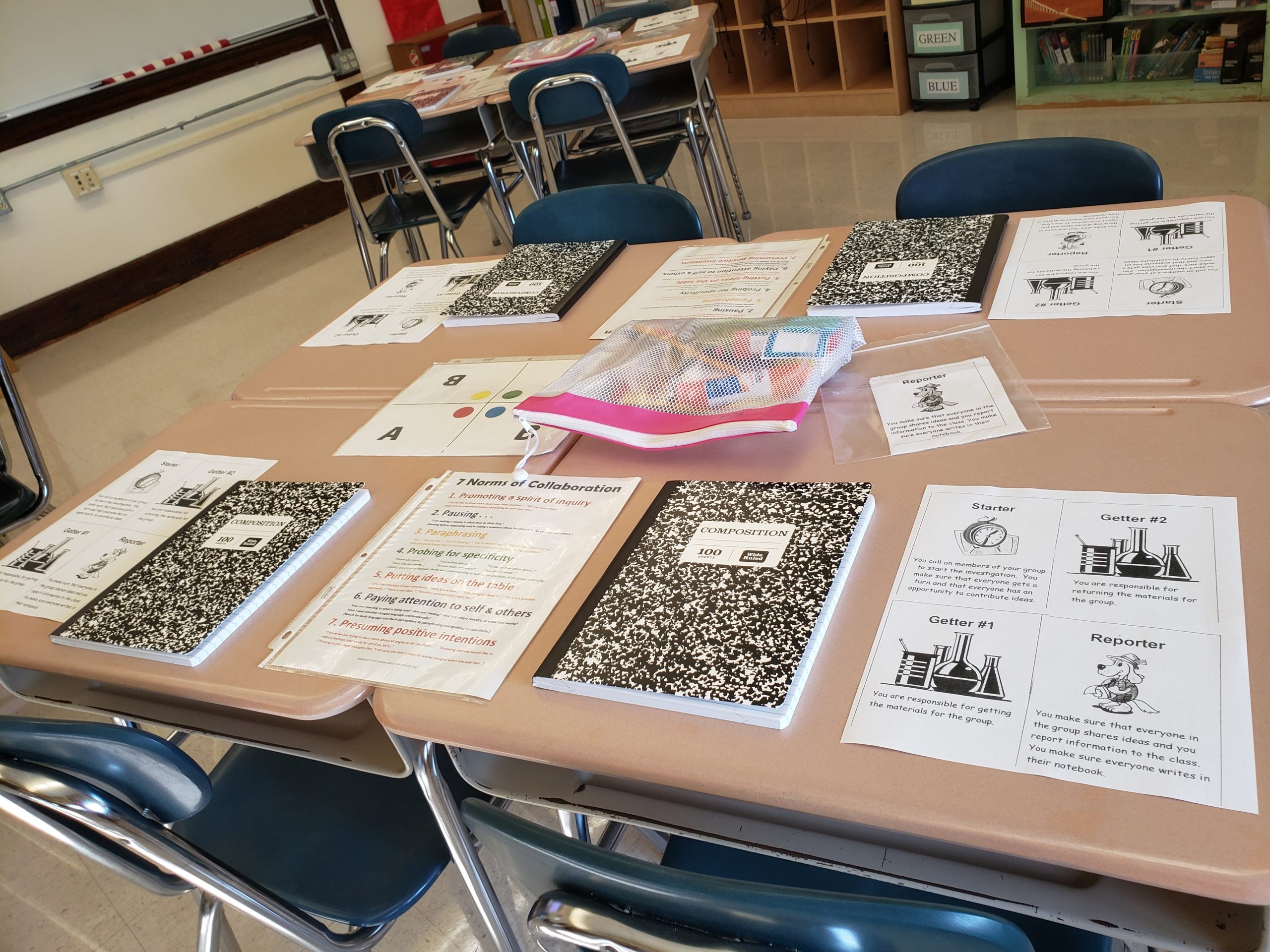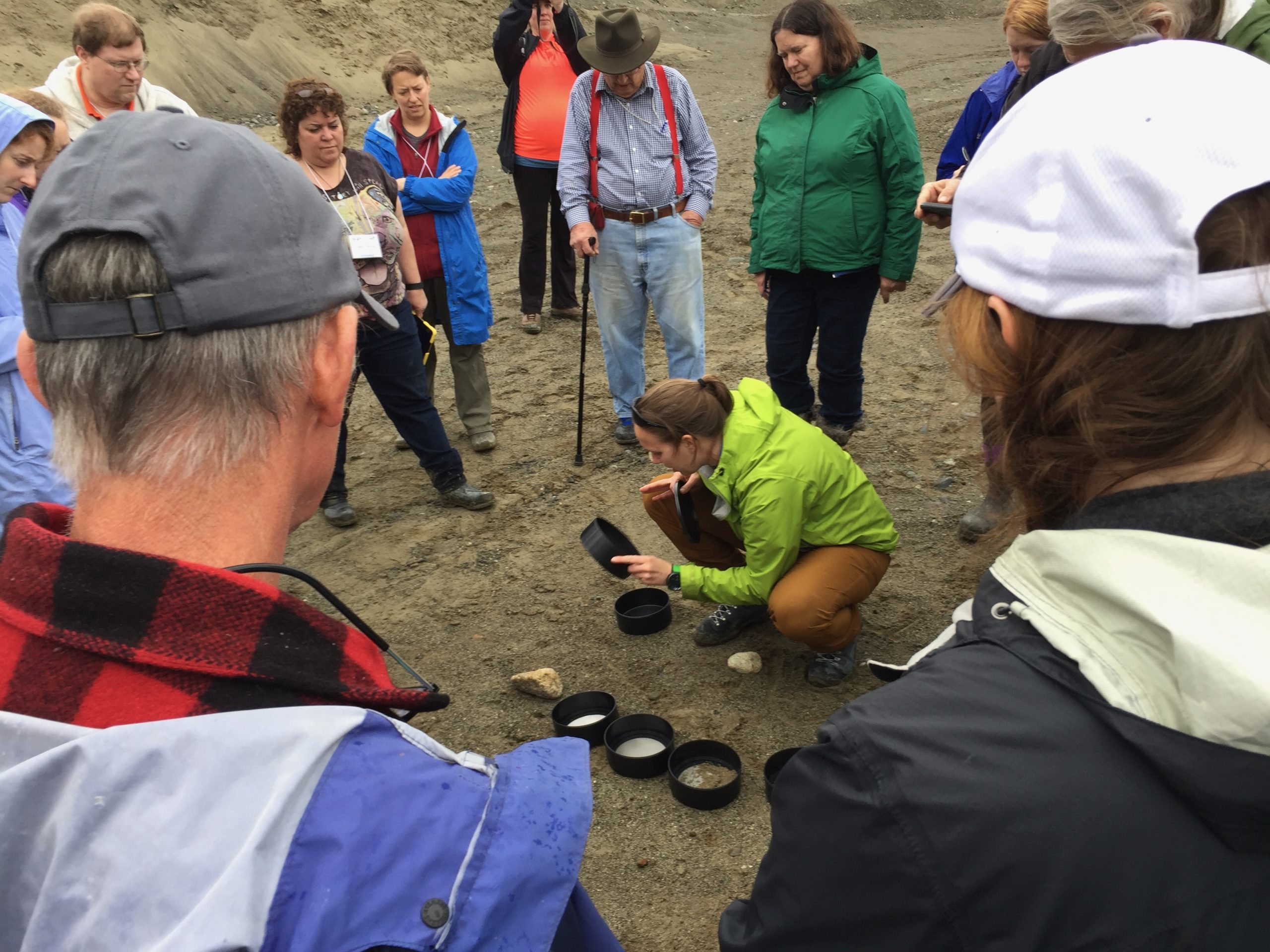Bringing Engaging Hands-On Science to your Classroom

Students Impacted
Teachers Involved
School Partnerships
Districts
The RiSE Center supports teachers in using research-supported, community-vetted instructional science resources. This community has adopted three different resources supporting instruction in grades K-9.
We provide hands-on materials at a fraction of the cost needed to purchase materials in addition to professional learning and community for teachers using the resources.
Have questions? Want to get involved? Please contact our Resource Coordinator, Beth Muncey at elizabeth.muncey@maine.edu
What is Provided?
For $25/student, you will receive:
- A full set of hands on materials for all units
- Teacher texts and supplemental resources
- A classroom set of student texts
- Access to the online platform provided by the publisher (except EComm)
Additional Opportunies
We offer hands on professional learning to introduce teachers to their kits/resources and assist you in understanding the lessons, materials, and begin planning how to incorporate these into your classroom.
You will also become apart of our larger teaching community and connect with other experienced teachers who have been using these resources and materials.

Full Option Science System
The ‘FOSS’ curriculum was selected by a task force of Maine teachers and administrators from multiple districts in partnership with RiSE Center faculty and staff. Evaluation was focused on identifying a comprehensive, research-supported K-5 science program that would meet the needs of Maine teachers and students.
Science Education for Public Understanding
The ‘SEPUP’ curricula, from Lab Aids, are based on a guided-inquiry approach and promote the use of scientific principles, processes, and evidence in public decision making.
SEPUP is part of the University of California, Berkeley’s Lawrence Hall of Science.


